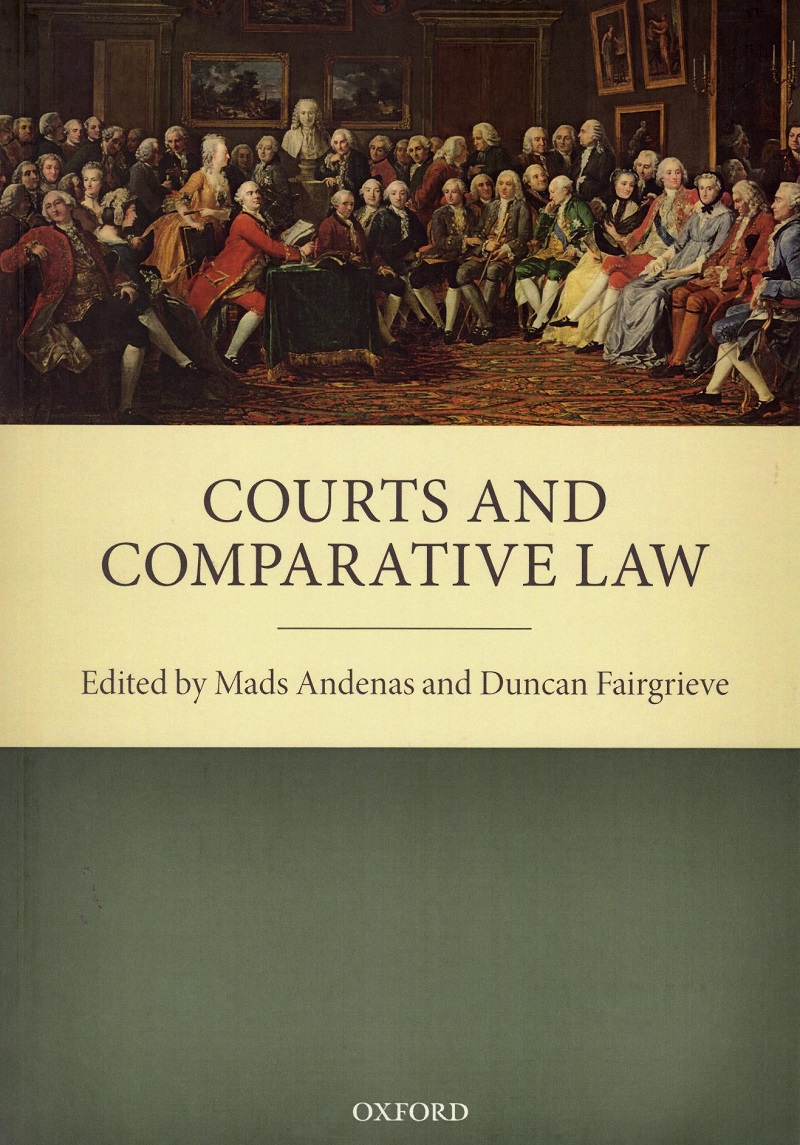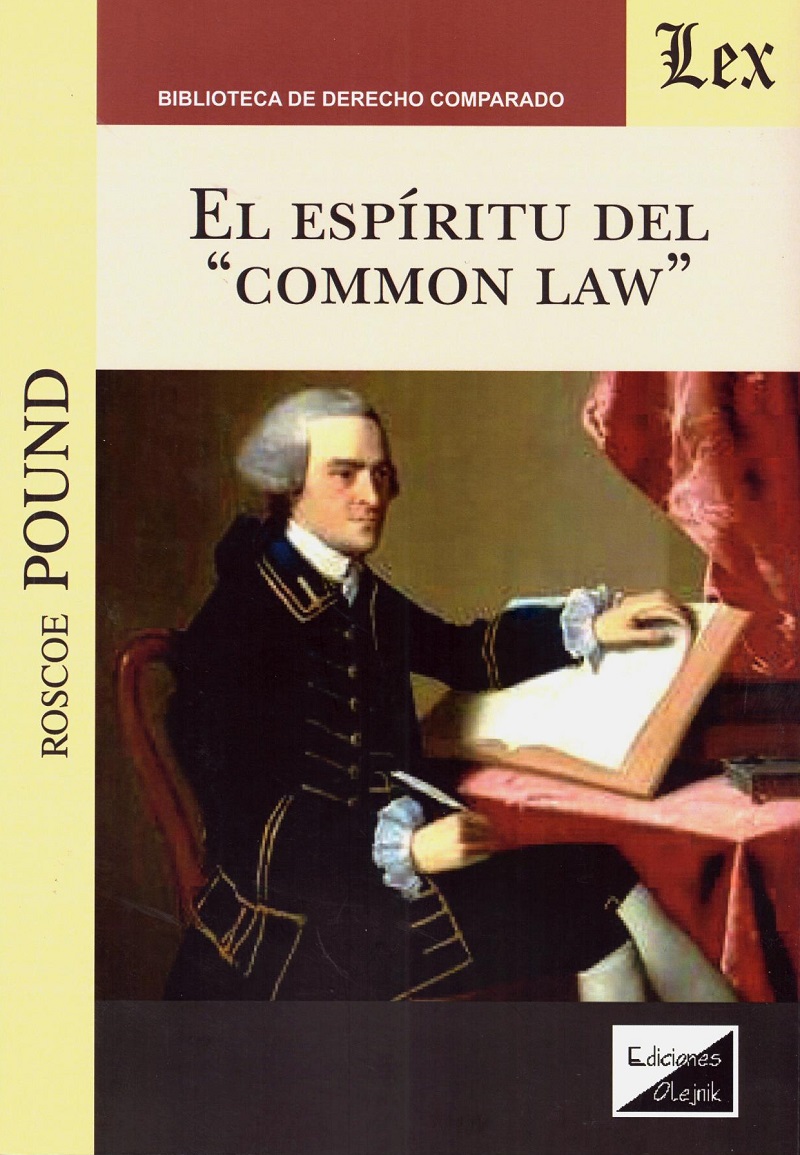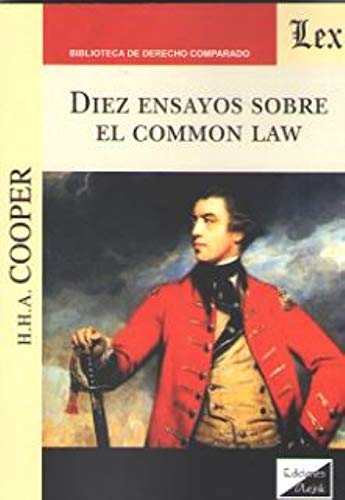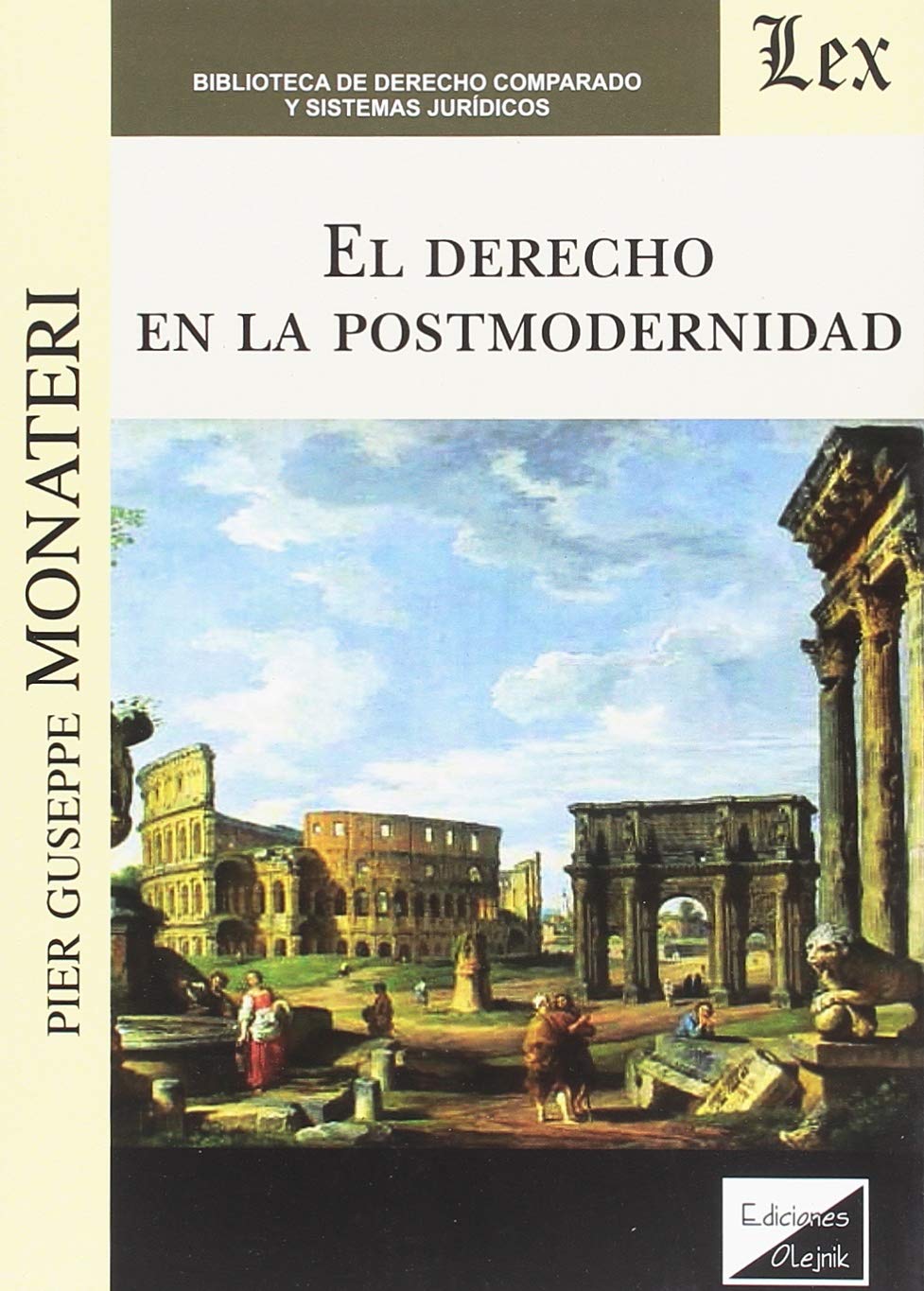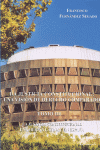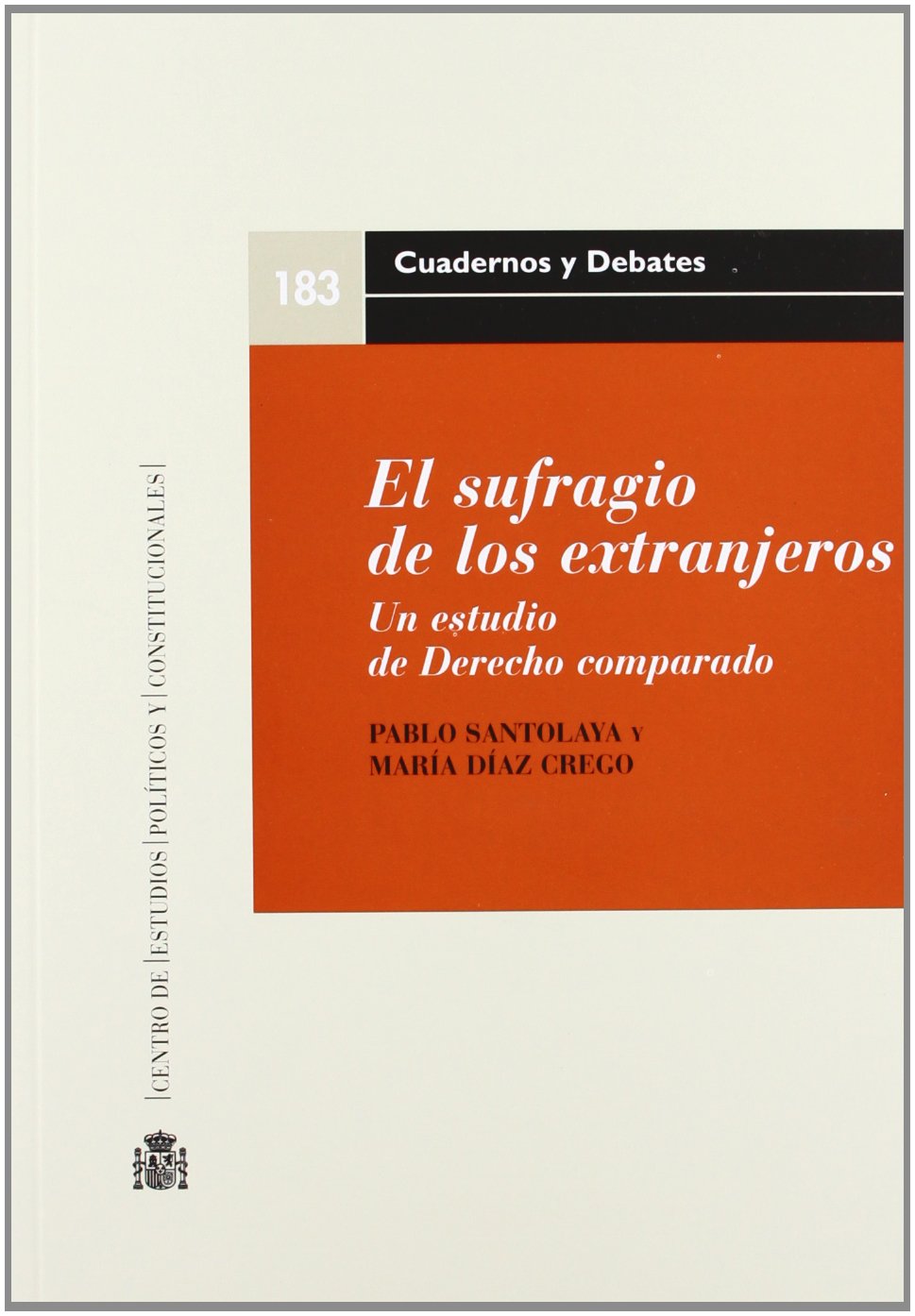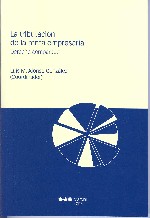While the role of comparative law in the courts was previously only an exception, foreign sources are now increasingly becoming a source of law in regular use in supreme and constitutional courts. There is considerable variation between the practices of courts and the role of comparative law, and methods remain controversial. In the US, the issue has been one of intense public debate and it is still one of the major dividing issues in the discussion about the role of the courts.
Contributing to the existing discussion of the use of comparative law in the courts, this book provides an inclusive, coherent, and practical analysis of the relevant law and jurisprudence in comparative law in the courts. It examines the consequences for court procedures and the form of judgments, as well as how foreign sources are drawn upon in private international law, European law, administrative law, and constitutional law as well as before general courts. The book also includes case studies of comparative law used in particular spheres of the law, such as tort law and consumer law. Written by practising judges and lawyers as well as leading academics, this book serves as a central reference point concerning the role of comparative law before the courts.
1: Introduction – Courts and Comparative Law: In Search of Common Language for Open Legal Systems, Mads Andenas and Duncan Fairgrieve
Part I: Conflicts and Comparisons
2: Is it Legitimate and Beneficial for Judges to Use Comparative Law?, Thomas Kadner Graziano
3: Comparative Law and the Courts: What is Comparative and What is Law?, Geoffrey Samuel
4: Foreign Law before the French Courts: The Conflicts of Law Perspective, Bénédicte Fauvarque-Cosson
5: Foreign Law in National Courts: A Common Law Perspective, Richard Fentiman
6: Foreign Law in International Legal Practice, Guido Alpa
Part II: Comparative Law Within a European and International Law Context
7: Common Ground: A Starting Point or Destination for Comparative Law Analysis by the European Court of Human Rights?, Paul Mahoney and Rachael Kondak
8: Comparative Law and the Court of Justice of the European Union: Interlocking Legal Orders Revisted, Koen Lenaerts and Kathleen Gutman
9: National Judges and Strasbourg Case Law: Comparative Reflections About the Italian Experience, Ermanno Calzolaio
10: Comparative Law and the European Union Civil Service Tribunal, Haris Tagaras
11: Networks, Dialogue, or One-Way Traffic? An Empirical Analysis of Cross-Citations Between Ten of Europe’s Highest Courts, Martin Gelter and Mathias Siems
12: Comparative Law and the Method of Law: Ascertainment of the International Court of Justice, Eirik Bjorge
Part III: Comparative Law Before Administrative Courts
13: Comparative Law as an Essential Feature of French Public Law, Olivier Dutheillet de Lamothe
14: Comparative Legal Methodology of the Conseil d’Etat: Towards an Innovative Judicial Process?, Aurélie Bretonneau, Samuel Dahan, Duncan Fairgrieve
15: The Use of Comparative Law Before the French Administrative Law Courts: Or the Triumph of Castles Over Pyramids, Francois Lichère
16: The Use of Comparative Law Before the Italian Public Law Courts, Aldo Sandulli
17: Cooperation of Constitutional Courts in Europe – The Openness of the German Constitution to International, European, and Comparative Constitutional Law, Peter M. Huber and Andreas L. Paulus
18: Judicial Dialogue in a Multilevel Constitutional Network: The Role of the Portuguese Constitutional Court, Ana Maria Guerra Martins and Miguel Prata Roque
19: Judges and Professors: the Influence of Foreign Scholarship on Constitutional Courts’ Decisions, Lucio Pegoraro
20: South Africa: Teaching an ‘Old Dog’ New Tricks? An Empirical Study of the Use of Foreign Precedents by the South African Constitutional Court (1995-2010), Christa Rautenbach
21: Enhancing Constitutional Self-Understanding through Comparative Law: An Empirical Study of the Use of Foreign Case Law by the Supreme Court of Canada (1982-2013), Gianluca Gentili
22: Comparative Law Before the Supreme Courts of the UK and the Netherlands: An Empirical and Comparative Analysis, Elaine Mak
23: Constructing the ‘Foreign’: American Law’s Relationship to Non-Domestic Sources, Judith Resnik
24: The Use of Comparative Law Before the French Private Law Courts, Guy Canivet
25: The Use of Comparative Law Before the French Cour de Cassation : The View From Academia, Alexis Albarian
26: Italian Courts and Comparative Law, Annalisa Aschieri
27: The Controversial Status of International and Comparative Law in the United States, Martha Minow
28: Foreign Law and the Modern Ius Gentium, Jeremy Waldron
29: Comparative Law Before the Spanish Private Law Courts in the XXI Century, Marta Requejo Isidro and Marta Otero Crespo
30: Comparative Legal Reasoning and the Courts: A View from the Americas, H. Patrick Glenn
31: Comparative Law in the German Courts, Hannes Unberath and Astrid Stadler
32: Comparative Law in the Syariah Courts: A Case Study of Singapore, Malaysia, and Brunei, Kerstin Steiner
Part VI: Using Comparative Law: Case Studies
33: Liaison Magistrates: Their Role in International Judicial Cooperation and Comparative Law, Bernard Rabatel and Olivier Deparis
34: Comparative Law in Consumer Litigation, Geraint Howells and Jonathon Watson
35: The Use of Comparative Law by Courts in Birth-Related Tort Cases, Romain M. Lorentz
36: The Use of Comparative Law in A & Others v National Blood Authority, His Honour Judge Michael Brooke QC and Ian Forrester Q.C
37: What Europeans Can Learn from an Untold Story of Transjudicial Communication: The Swiss-Turkish Experience, Erdem Büyüksagis
38: DCFR in the Courts: The Remaking of Comparative Law, Galateia Kalouta
Edited by Mads Andenas, Professor of the University of Oslo and the Institute of Advanced Legal Studies, University of London, and Duncan Fairgrieve, Senior Research Fellow in Comparative Law and Director of the Product Liability Forum, at the British Institute of International and Comparative Law, and Professor of Comparative Law at Université Paris Dauphine PSL
Mads Andenas QC is Professor of the University of Oslo and the Institute of Advanced Legal Studies, University of London, and former Président-Rapporteur of the United Nations Working Group on Arbitrary Detention and Director of the British Institute of International and Comparative Law.
Duncan Fairgrieve is Senior Research Fellow in Comparative Law and Director of the Product Liability Forum, at the Institute at the British Institute of International and Comparative Law, and Professor of Comparative Law at Université Paris Dauphine PSL.
Contributors:
Mads Andenas and Duncan Fairgrieve
Thomas Kadner Graziano
Geoffrey Samuel
Bénédicte Fauvarque-Cosson
Richard Fentiman
Guido Alpa
Paul Mahoney and Rachael Kondak
Koen Lenaerts and Kathleen Gutman
Ermanno Calzolaio
Haris Tagaras
Martin Gelter and Mathias Siems
Eirik Bjorge
Olivier Dutheillet de Lamothe
Aurélie Bretonneau, Samuel Dahan, Duncan Fairgrieve
Francois Lichère
Aldo Sandulli
Peter M. Huber and Andreas L. Paulus
Ana Maria Guerra Martins and Miguel Prata Roque
Lucio Pegoraro
Christa Rautenbach
Gianluca Gentili
Elaine Mak
Judith Resnik
Guy Canivet
Alexis Albarian
Annalisa Aschieri
Martha Minow
Jeremy Waldron
Marta Requejo Isidro and Marta Otero Crespo
H. Patrick Glenn
Hannes Unberath and Astrid Stadler
Kerstin Steiner
Bernard Rabatel and Olivier Deparis
Geraint Howells and Jonathon Watson
Romain M. Lorentz
His Honour Judge Michael Brooke QC and Ian Forrester Q.C
Erdem Büyüksagis
Galateia Kalouta

